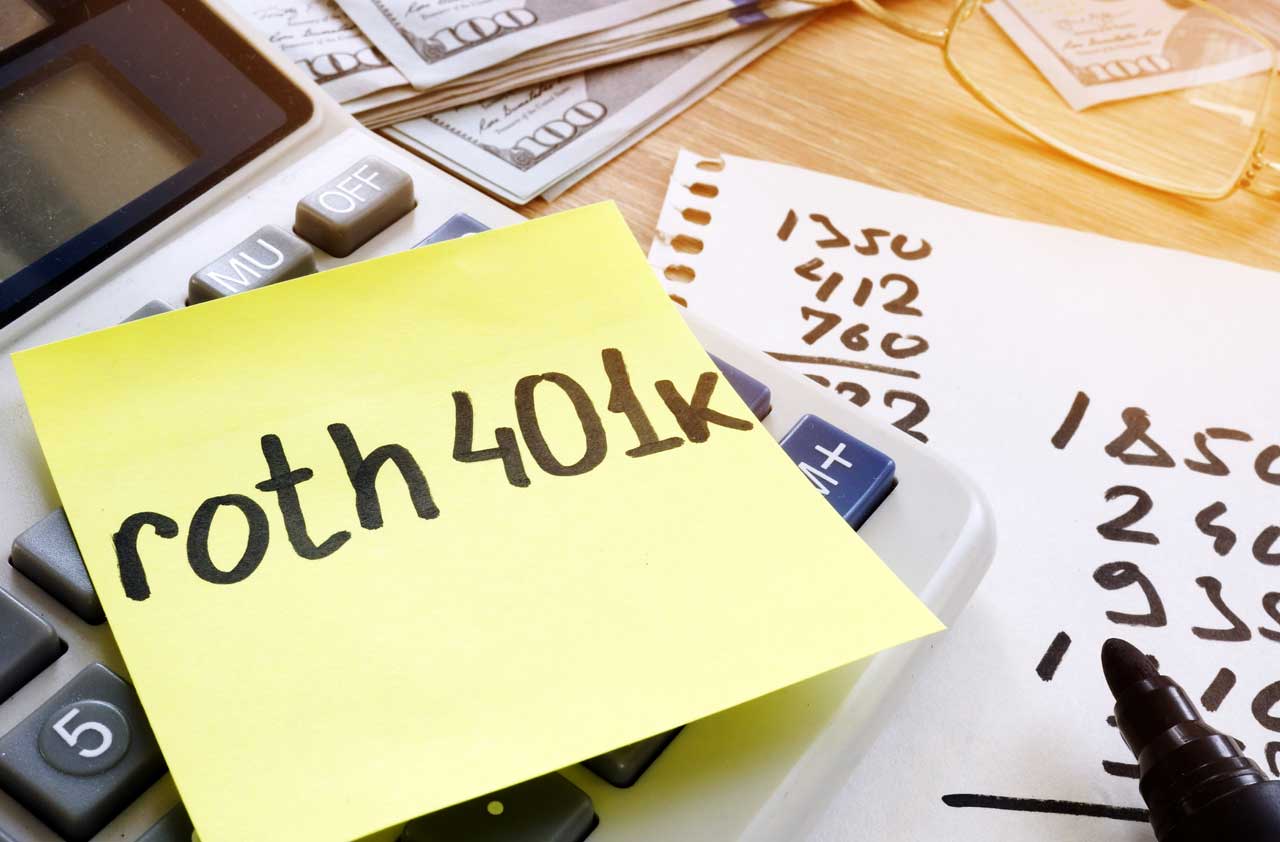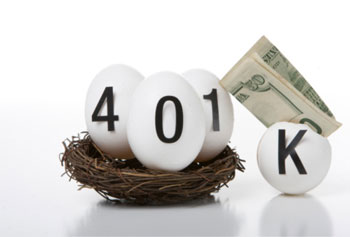investments
Tax-wise Investing: Planning 401(k) Distributions
Submitted by The Participant Effect on September 30th, 2020
An important part of tax planning when it comes to investing is considering the tax impact of accessing your investment funds. As you know, one of the key features of the traditional 401(k) retirement account is that you can contribute pre-tax dollars from your income, which then grow tax free until you need them.
Municipal Bonds, Taxes and Your Retirement
Submitted by The Participant Effect on September 30th, 2020Is a Roth 401(k) Right for You?
Submitted by The Participant Effect on September 30th, 2020
You may know about Roth IRAs, but did you know that many employers now give retirement plan participants a Roth 401(k) option? Both traditional and Roth 401(k)s offer significant tax benefits for investors, but those benefits differ in ways that are important for you to understand.
Traditional Values
What is Risk Tolerance and Why Does It Matter for Your 401(k)?
Submitted by The Participant Effect on June 11th, 2020Advantages of Opening a 401(k)
Submitted by The Participant Effect on June 11th, 2020
You just started a new job and have come across information about your company’s 401(k) in your benefits paperwork. You may be wondering what exactly it is and whether you should sign up. The 401(k) plan got its name from the portion of the IRS tax code that governs its use. In the past, most employees received guaranteed monthly retirement income through an employer-funded pension plan.
Should You Own Stocks During Retirement?
Submitted by The Participant Effect on April 30th, 2020
Many people mistakenly assume that the time for owning stocks is over once they hit retirement. But such blanket statements are not true for everyone. There are a variety of factors that should affect how much of your portfolio, if any, should be devoted to equities during your golden years. Here are some factors to keep in mind:
Why Asset Allocation Isn’t a One-Size-Fits-All Proposition in Retirement
Submitted by The Participant Effect on April 30th, 2020
One often-cited guideline for determining asset allocation when planning for retirement is that you should subtract your age from 100 to find the percentage of your investment portfolio that you should keep in stocks. For example, it suggests if you're 40, you should keep 60% of your portfolio in stocks.
6 Types of Investment Risk and Strategies
Submitted by The Participant Effect on July 19th, 2018
We’d all love to reap the rewards of high returns on our investments without risk. But unfortunately, wishing does not make it so. Like it or not, risk is part of the equation if you’re aiming for anything other than preservation of capital — a risky goal in and of itself, since the buying power of your money will slowly erode over time if you don’t outpace inflation.
How to Choose the Right Investment Advisor
Submitted by The Participant Effect on September 19th, 2016With the proliferation of investment and personal finance websites, investors have access to a boundless number resources and tools once only available to financial professionals.









